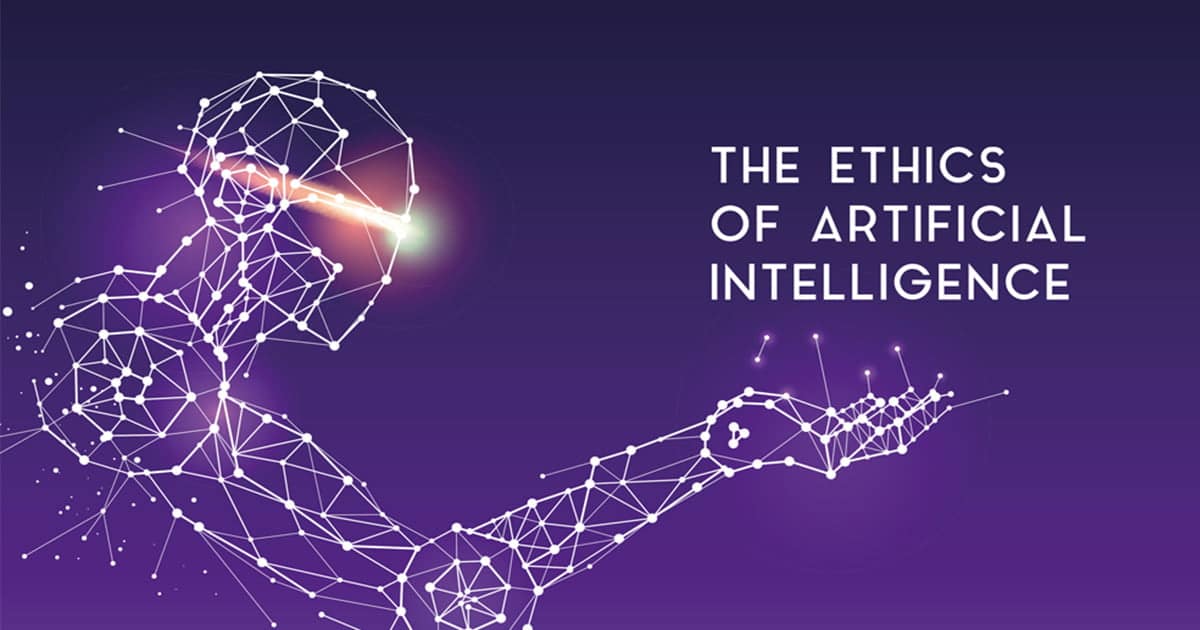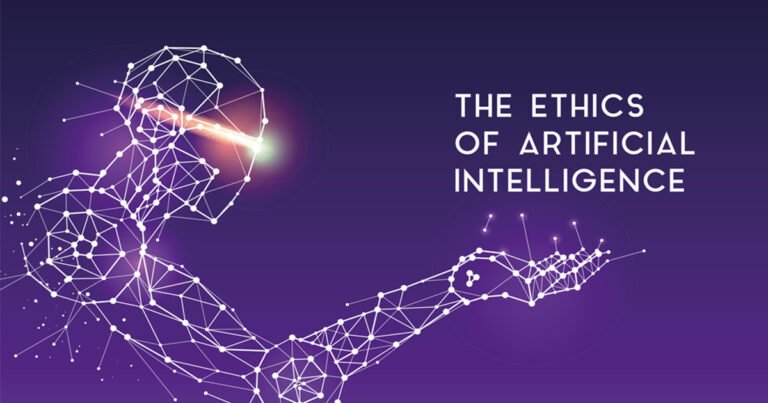Artificial Intelligence (AI), often referred to as Responsible AI, is changing our world rapidly, transforming industries and shaping our daily lives. However, with its great potential comes understandable concerns about ethics and security. People are increasingly worried about biases, misuse, and risks tied to AI. This has led to a significant shift towards developing and using AI responsibly.
The Dark Side of AI: Bias, Misuse, and Risks
Some worry about the downsides of AI. When algorithms learn from biased data, they can make unfair decisions in things like loans, hiring, and even the justice system. Bad actors might use AI weaknesses for cyberattacks, spreading false information, or making autonomous weapons. Also, the growing use of AI raises fears about losing jobs to automation, losing privacy to AI surveillance, and humans losing control in decisions influenced by AI.
Guiding AI: Ethics and Security
To tackle these challenges, there’s a global push for responsible AI. Governments and organizations are creating ethical guidelines for developing and using AI. These guidelines focus on fairness, not discriminating, accountability, and transparency. Strong security measures, like data encryption and regular checks for weaknesses, are also in place to protect AI systems.
Rules in Place: Governments Take Action
Regulatory bodies are also stepping in to shape AI’s future. For example, the European Union has proposed the AI Act, which lays out rules for high-risk AI applications, emphasizing transparency and risk reduction. Similarly, the US National Artificial Intelligence Initiative concentrates on developing AI that’s trustworthy and helpful, dealing with issues like bias and safety.
Team Effort: Building Trust in the AI Era
Handling AI’s ethical and security challenges needs everyone to work together. Governments, organizations, researchers, and the public need to collaborate. This includes ongoing research on finding and fixing biases, educating the public about AI, and talking openly about the ethics of this powerful tech.
Looking Forward: A Responsible AI Future
The increased attention on AI ethics and security is a positive move toward making sure AI is used responsibly. By putting ethics first, making strong security measures, and working together, we can use AI to do good. This way, humans and machines can work together well, facing the challenges of the 21st century and beyond.
Frequently Asked Questions (FAQ) – Responsible AI and Ethical Considerations
Q1: What is Artificial Intelligence (AI), and why is it considered transformative? A1: Artificial Intelligence, or AI, refers to the rapid transformation of our world by smart technologies, revolutionizing industries and daily life due to its remarkable potential in decision-making and problem-solving.
Q2: What are the concerns associated with AI? A2: The concerns primarily revolve around ethics and security. Worries include biases in decision-making, misuse of AI capabilities, and potential risks tied to its widespread use.
Q3: What is the “Dark Side” of AI? A3: The “Dark Side” involves the negative aspects of AI, such as biased decision-making when algorithms learn from skewed data, misuse by malicious actors for cyberattacks, and concerns about job loss, privacy invasion, and loss of human control.
Q4: How is Responsible AI addressing these concerns? A4: Responsible AI involves a global effort to develop and use AI ethically. Governments and organizations are creating guidelines focusing on fairness, non-discrimination, accountability, and transparency. Strong security measures, including data encryption, are also in place.




